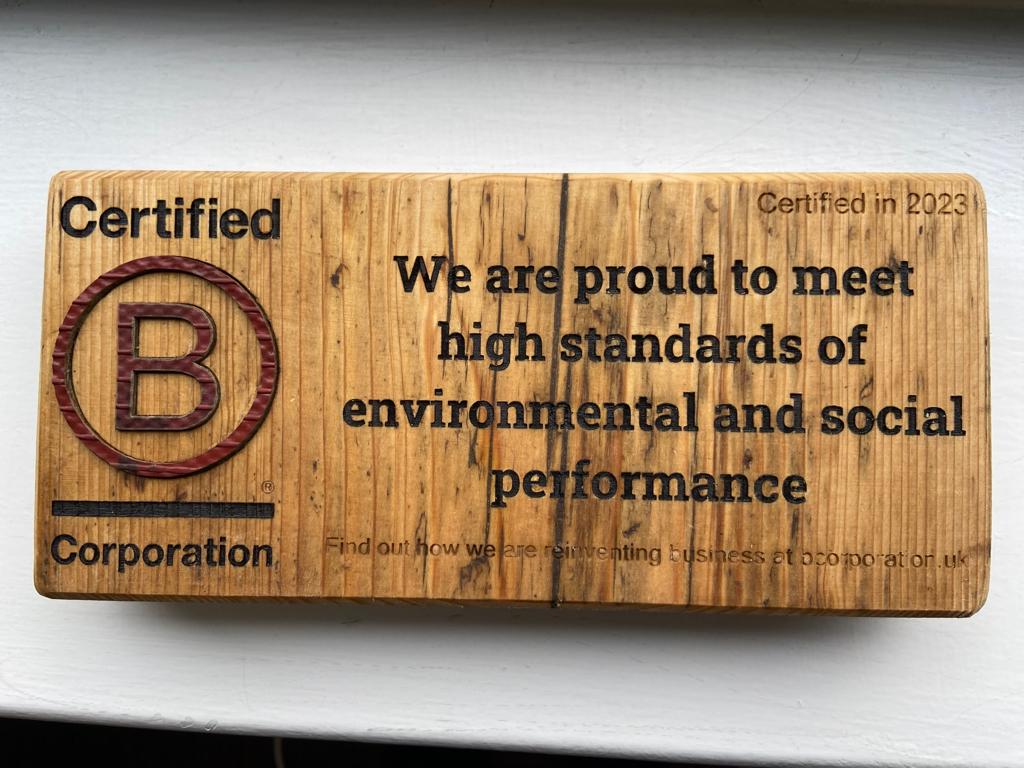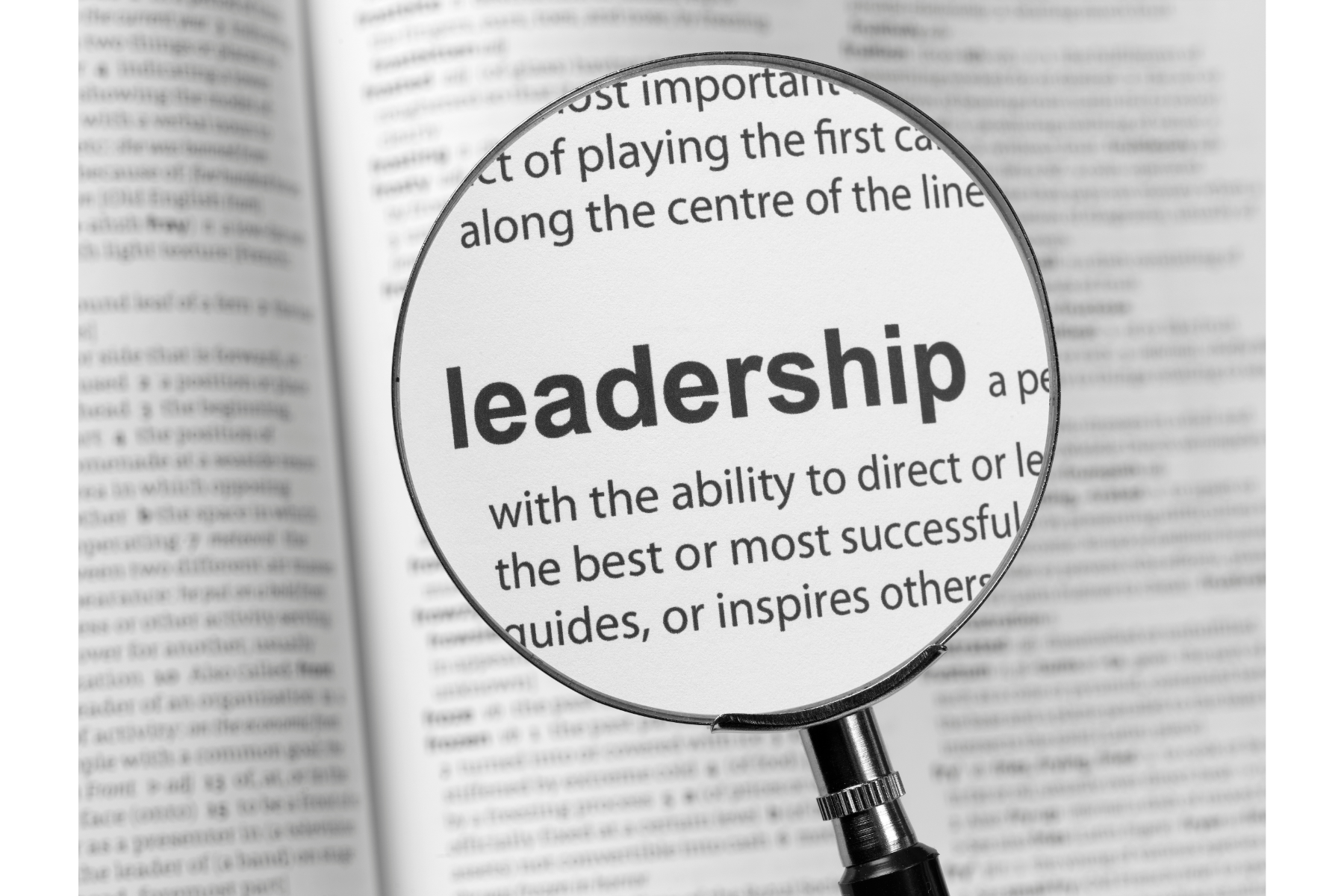Conflict is a predictable component in the volatile mix of behaviours and emotions found in organisations often leading to decreased productivity, increased stress, wasted energy, diminished problem-solving ability and an unhappy workforce.
Our LEAD™ delegates recently had a masterclass with Carole Howorth, Emeritus Professor at York School of Management on how they can proactively manage conflict to create and sustain high performance.
In this blog, we’re focusing on six ways that effective leaders can deal with conflict:
1. CharacterIntegrity (i.e. saying what you do and doing what you say) leads to trust and without trust it is almost impossible to recognise, understand and accept another’s viewpoint. In order to be in a position to effectively manage conflict, leaders need to build and maintain strong interpersonal relationships and ensure that their behaviour is consistent with the organisational values. In this way they can build trust and respect in the workplace.
2. CompetenceMisunderstandings or a breakdown in communication is a frequent cause of conflict in organisations so leaders should take steps to ensure that their communication network provides clear and consistent messaging. Taking time to develop, practise and hone listening and questioning skills will also reduce opportunities for miscommunication, increase understanding and facilitate conflict resolution.
3. ConvictionConflict is normal and necessary but when dealt with positively and with conviction it can provide solutions to problems, increase creativity and improve performance. Encourage people to share different opinions without fear of repercussion or judgement, address rather than ignore conflict and build confidence in the leadership team so that they feel comfortable entering the ‘zone of uncomfortable debate’ (ZOUD).
4. CareCare and empathy are crucial skills for leaders in conflict resolution. Empathy refers to
“the ability to share someone else's feelings or experiences by imagining what it would be like to be in that person's situation” (Cambridge Dictionary)
We don’t have to agree or share their viewpoint, but by taking time to understand their perspective, leaders can acknowledge the other person’s feelings or frustrations and try to find a reasonable and mutually agreeable course of action.
5. ComposureMaintaining composure is the component of emotional intelligence that “keeps disruptive emotions from throwing us off track” (Daniel Goleman) and it refers to our ability to manage our behaviours, thoughts, and emotions.
Increasing awareness of triggering emotions allows emotionally intelligent leaders to recognise when they are suffering an ‘emotional hijack’ in a stressful situation. Taking steps such as changing the setting or pausing and taking a deep breath can then allow leaders to remain clear-headed and calm.
6. CourageHaving the courage to step up and take action when conflict resolution is necessary is a key leadership attribute. However, even competent and experienced leaders can lack confidence in conflict situations. As humans we have a natural desire to be liked but effective leaders need to be able to have ‘difficult’ or uncomfortable conversations, reinforce organisational values and behaviours and also hold themselves accountable by acknowledging their own mistakes.
|
If you would like to learn more about our LEAD™ program for owner-managers, directors and senior managers, please get in touch with Jo Draper here. Our next LEAD™ program starts on 19th and 20th April. Don't miss out! |




